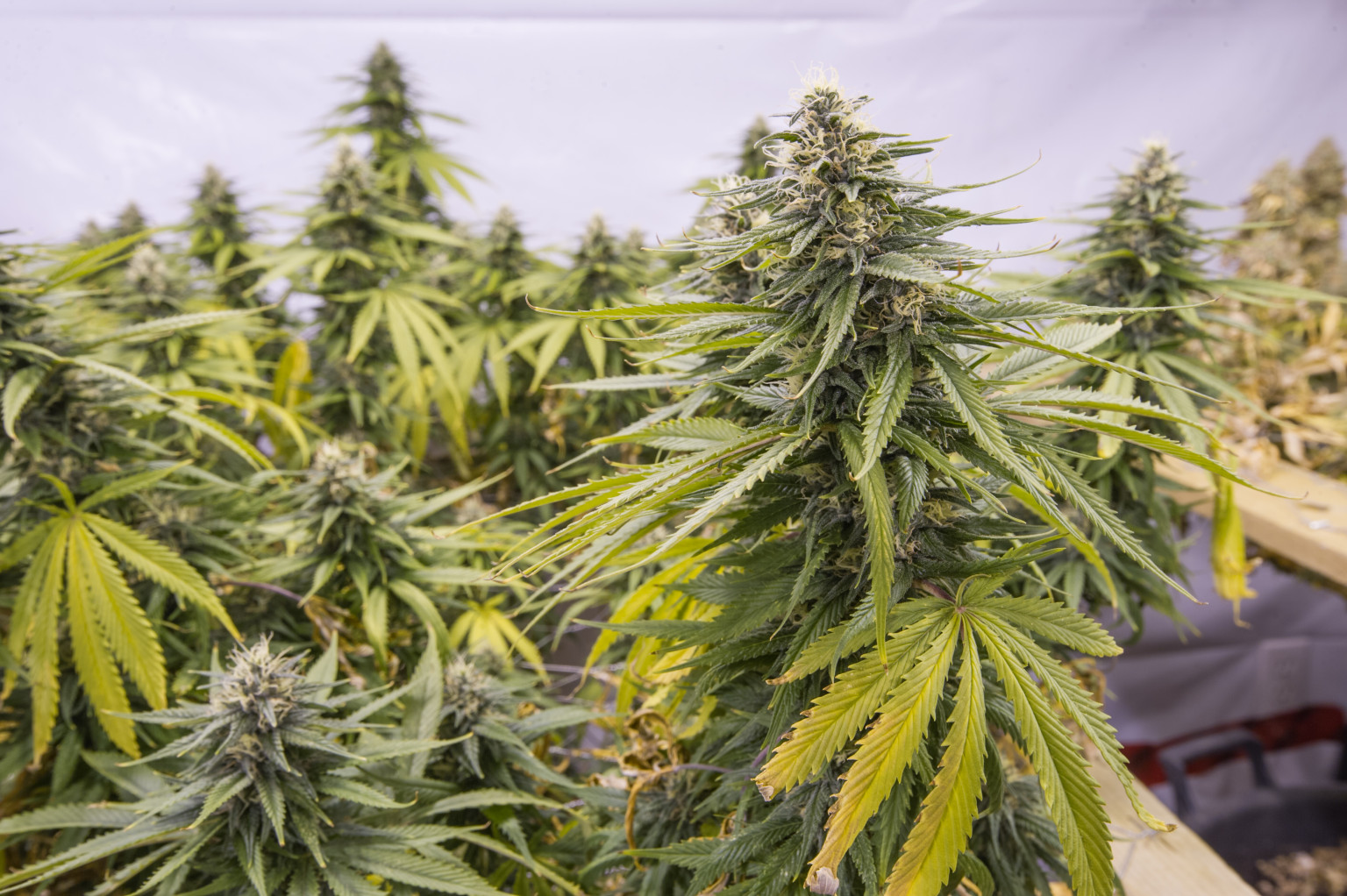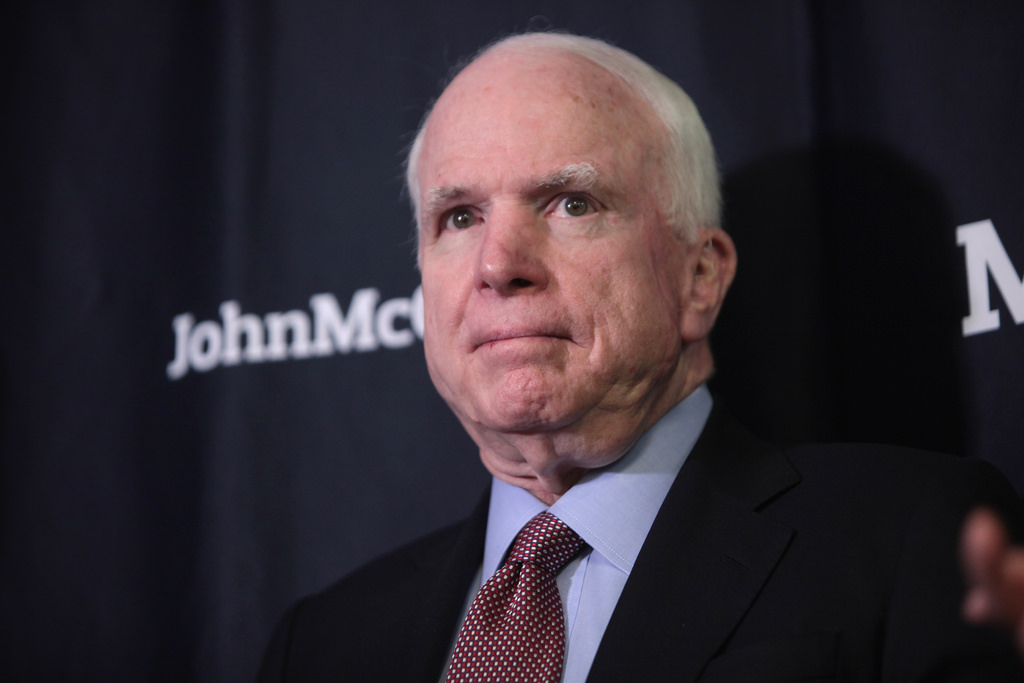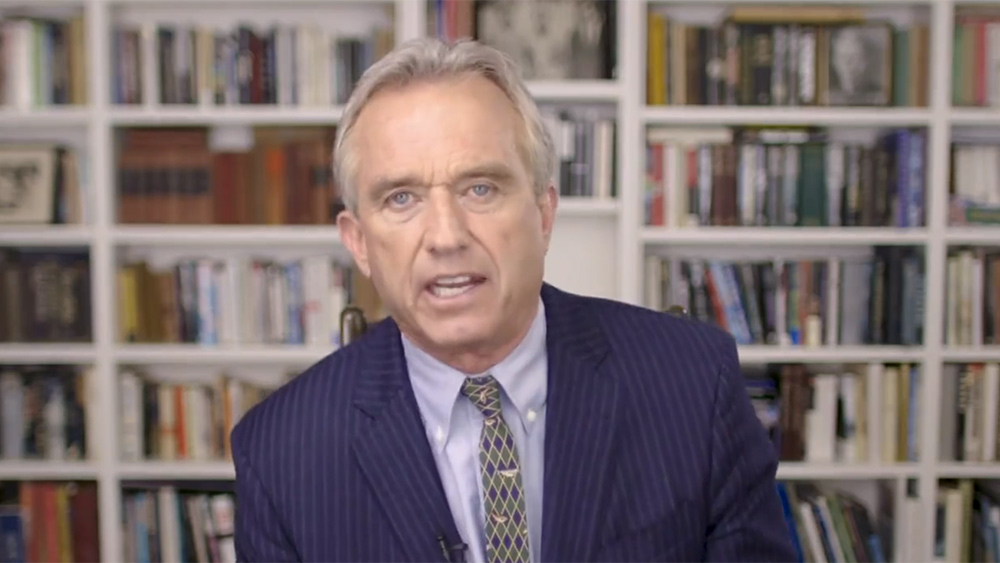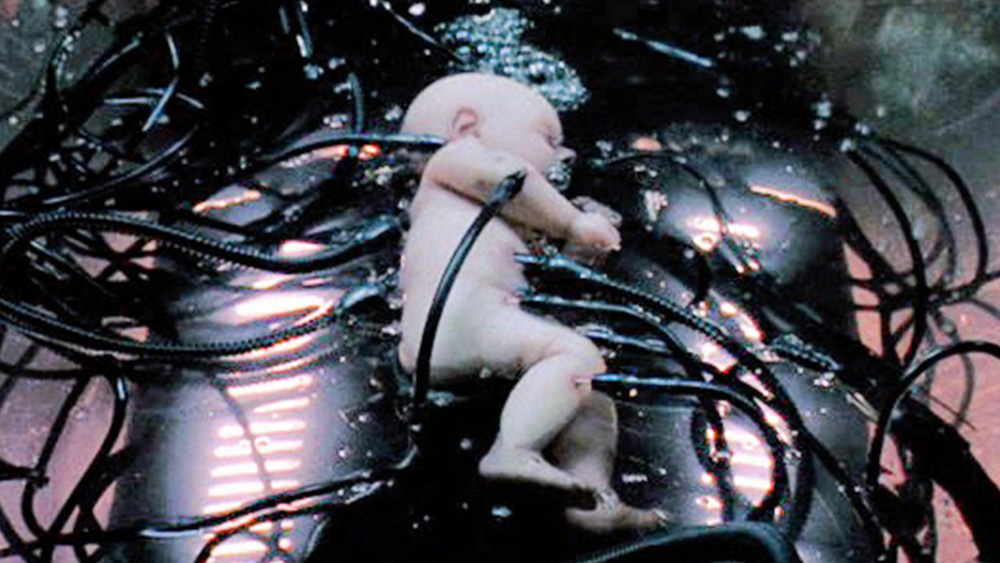How will the Monsanto-Bayer merger affect the expanding medical marijuana industry?
05/07/2018 / By Vicki Batts

There are many reasons to be concerned about the Bayer-Monsanto merger, one of the most dangerous business deals in history. While the notion of these two gigantic corporations conjoining has been highly contested, the duo finally managed to sell off enough assets to garner anti-trust approval. In a move that may soon rock the world (and not in a good way), the Department of Justice has approved the dreaded merger of Bayer and Monsanto.
Not only will the two behemoth companies come together to form the largest seed-and-pesticide company in the world, there are increasing worries about the merger will mean for the medical marijuana industry.
Writing for Waking Times, Phillip Schneider notes that their merger will spell big trouble for farmers, in the form of less competition and a decrease in leverage for farm owners. Moreover, this ghastly union could be the unsavory beginning of a total corporate takeover of the medical marijuana industry — via the patenting of GMO seeds.
Bayer-Monsanto merger could destroy budding cannabis industry
As sources explain, Scott’s Miracle Gro and Monsanto have a business partnership that delves deep into the cannabis industry. Scott’s has been particularly interested in expanding into the pot industry in states where the medicinal plant has been legalized — and the company’s CEO Jim Hagadorn has made his interest in taking over the cannabis trade widely known. In the past, Hagadorn has said that he’d be willing to spend $500 million to gain control of the medical marijuana industry.
Many companies within the cannabis trade who make light fixtures, hydroponic set-ups and other essentials for growing have reported that Scott’s or Hawthorne (a front company for Scott’s) have tried to buy them out.
If and when the Monsanto-Bayer conglomerate manages to patent cannabis seeds, it will crush the growing cannabis industry as we know it. As Schneider explains:
[T]his new megacompany could effectively use the power to force growers into lessening their output and growing only the strains which Monsanto/Bayer wants to produce, regardless of any negative side effects. Ultimately, this is far too much power to grant to one multinational corporation.
Unfortunately for us, the merger recently gained approval — even in spite of the glaring issues with allowing two massive companies to form one giant corporate leviathan.
Bayer and Monsanto: Two evils become one?
Both Bayer and Monsanto have sordid pasts, rife with chemical weaponry. Countless lives are on their hands. And yet, these companies continue to flourish and are now shacking up together — likely to do more evil than they ever could alone. As Mike Adams, Natural News founder and director of CWC Labs, recalls, Monsanto is the company which created Agent Orange — which harmed millions of U.S. soldiers and Vietnamese during the Vietnam War.
The Health Ranger explained further that Bayer is “a company that manufactured and sold the chemicals that were used to kill Jews in Nazi Germany. Bayer, along with BASF and Hoechst, originally merged as IG Farben and contributed heavily to Adolf Hitler. In return, Hitler relied on the chemical manufacturers to create Zyklon B, a chemical weapon used in Auschwitz and other concentration camps to exterminate the Jews who were too old, too small, or too weak to work.”
As Adams contended, Monsanto and Bayer clearly deserve each other — but that doesn’t mean the rest of the world should have to live with them. While nothing is written in stone yet, it is hard to ignore the threat posed by the unification of these two malevolent companies.
Stay up-to-date on the latest atrocities from Monsanto at Monsanto.news.
Sources for this article include:
Tagged Under: agriculture, Bayer, Big Pharma, biotech, cannabis, chemical warfare, corporate merger, environment, evil corporation, GMO Cannabis, health freedom, medical marijuana, Monsanto



















